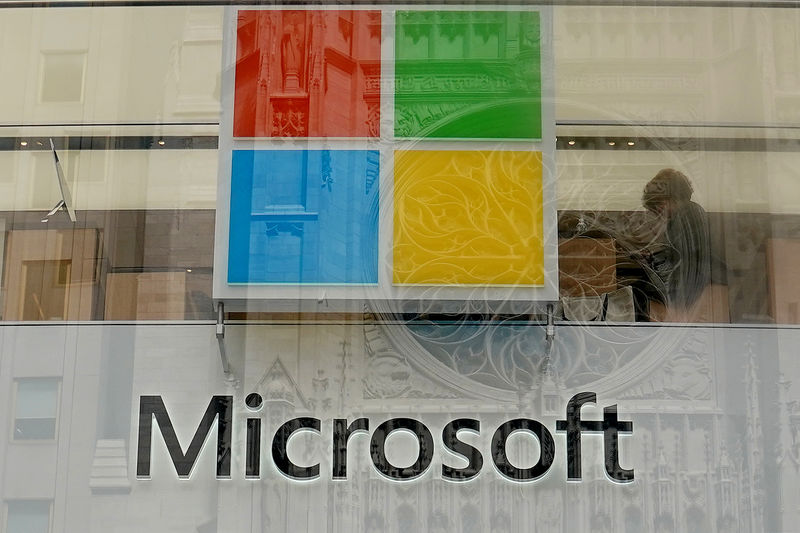This post was originally published on this site
https://i-invdn-com.investing.com/news/LYNXNPEE7N0AL_M.jpg
Microsoft’s substantial investment in OpenAI, totaling $13 billion for a 49% stake in its for-profit arm, has raised questions about the level of influence and control it might exert over OpenAI’s operations. The CMA’s concern revolves around whether recent governance changes, particularly Microsoft gaining a nonvoting observer position on OpenAI’s board, could impact competition in the AI market. This investigation could lead to significant outcomes, including a potential order for structural or behavioral changes in the relationship between Microsoft and OpenAI.
Market Overview:
-CMA is seeking feedback on whether the partnership constitutes a de facto merger.
-Microsoft will have a non-voting observer position on OpenAI’s board.
-An investigation could lead to structural or behavioral changes for the companies.
Key Points:
-OpenAI’s recent governance changes, including the firing and reinstatement of CEO Sam Altman, prompted CMA’s inquiry.
-Microsoft invested $13 billion in OpenAI’s for-profit arm in 2019.
-The CMA’s investigation follows similar inquiries from German and EU regulators.
-Microsoft maintains the partnership promotes AI innovation and competition.
-OpenAI emphasizes its independence and states Microsoft’s board role is non-voting.
Looking Ahead:
-CMA’s decision on whether to launch a formal investigation will depend on public feedback.
-Potential remedies could include separation of the companies or limitations on their collaboration.
-The investigation adds to growing global scrutiny of big tech’s involvement in AI development.
Microsoft has responded to the CMA’s concerns, emphasizing that its partnership with OpenAI, which began in 2019, has maintained the independence of both organizations and has been a catalyst for AI innovation and competition. Brad Smith, Microsoft Vice Chair and President, highlighted the distinction between a non-voting board observer and a full acquisition, citing Google’s (NASDAQ:GOOGL) purchase of DeepMind as a comparative example. Microsoft has committed to cooperating with the CMA to provide necessary information.
This probe by the U.K. regulator is part of a broader international focus on the Microsoft-OpenAI partnership. The scrutiny from the CMA follows a similar examination by Germany’s Federal Cartel Office, which did not find the partnership subject to its merger-control rules but indicated a willingness to re-examine the situation should Microsoft’s influence over OpenAI increase. Additionally, the European Union’s antitrust watchdog has been closely monitoring the situation, especially in light of Microsoft’s role in OpenAI. The CMA’s actions underscore its emerging role as a key global tech regulator, particularly evident in its initial blocking and subsequent approval of Microsoft’s acquisition of Activision Blizzard (NASDAQ:ATVI) earlier this year.
This article was originally published on Quiver Quantitative

